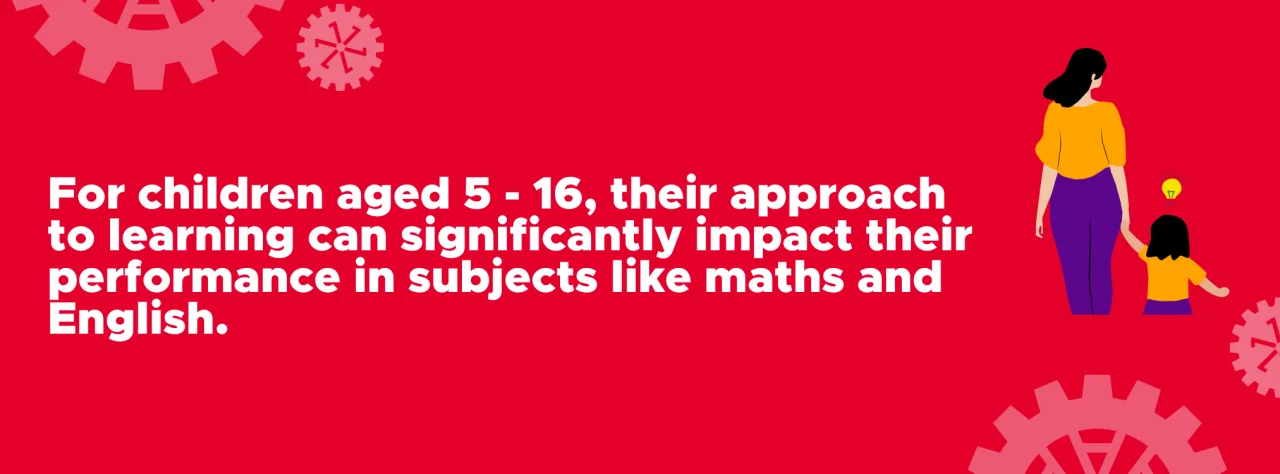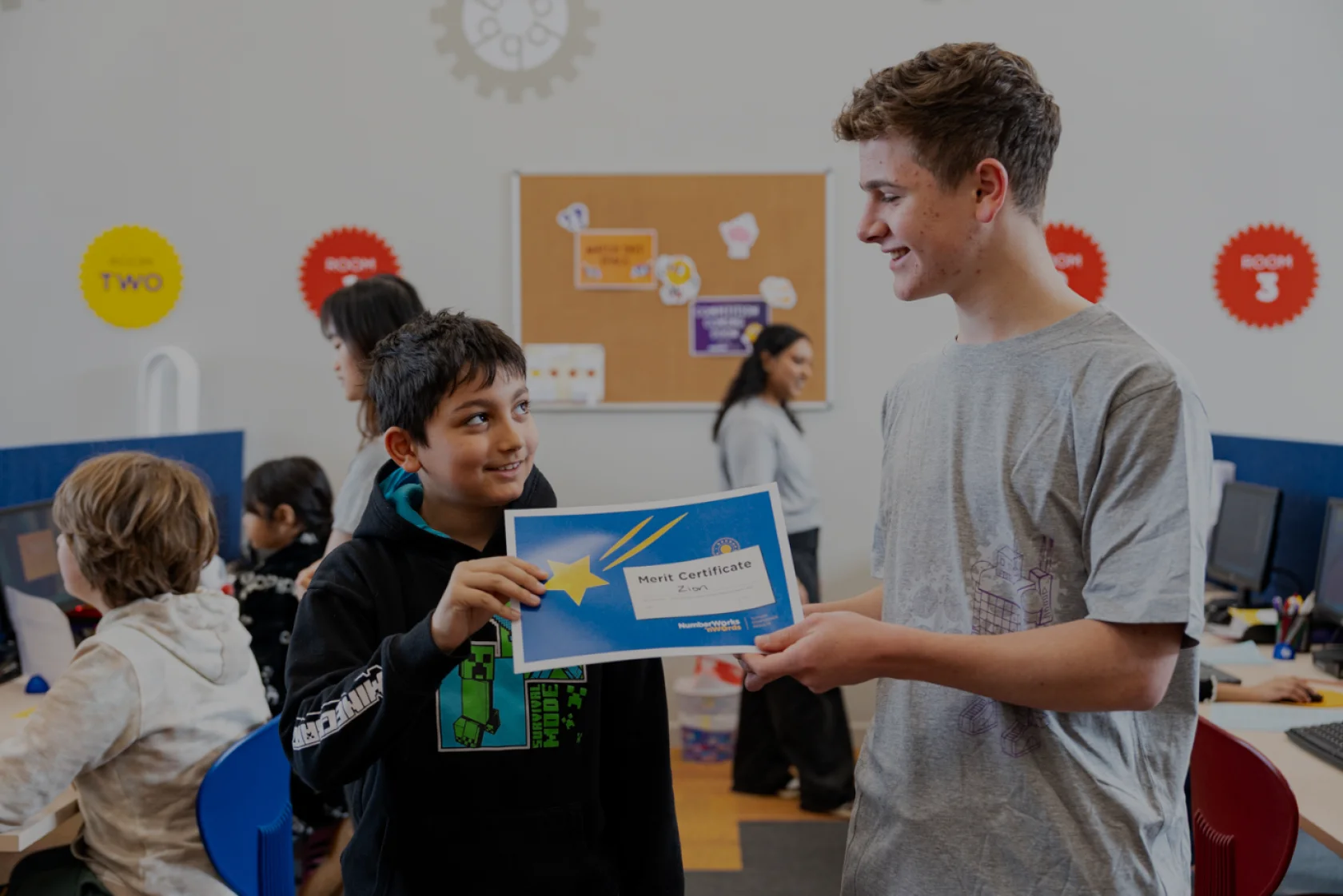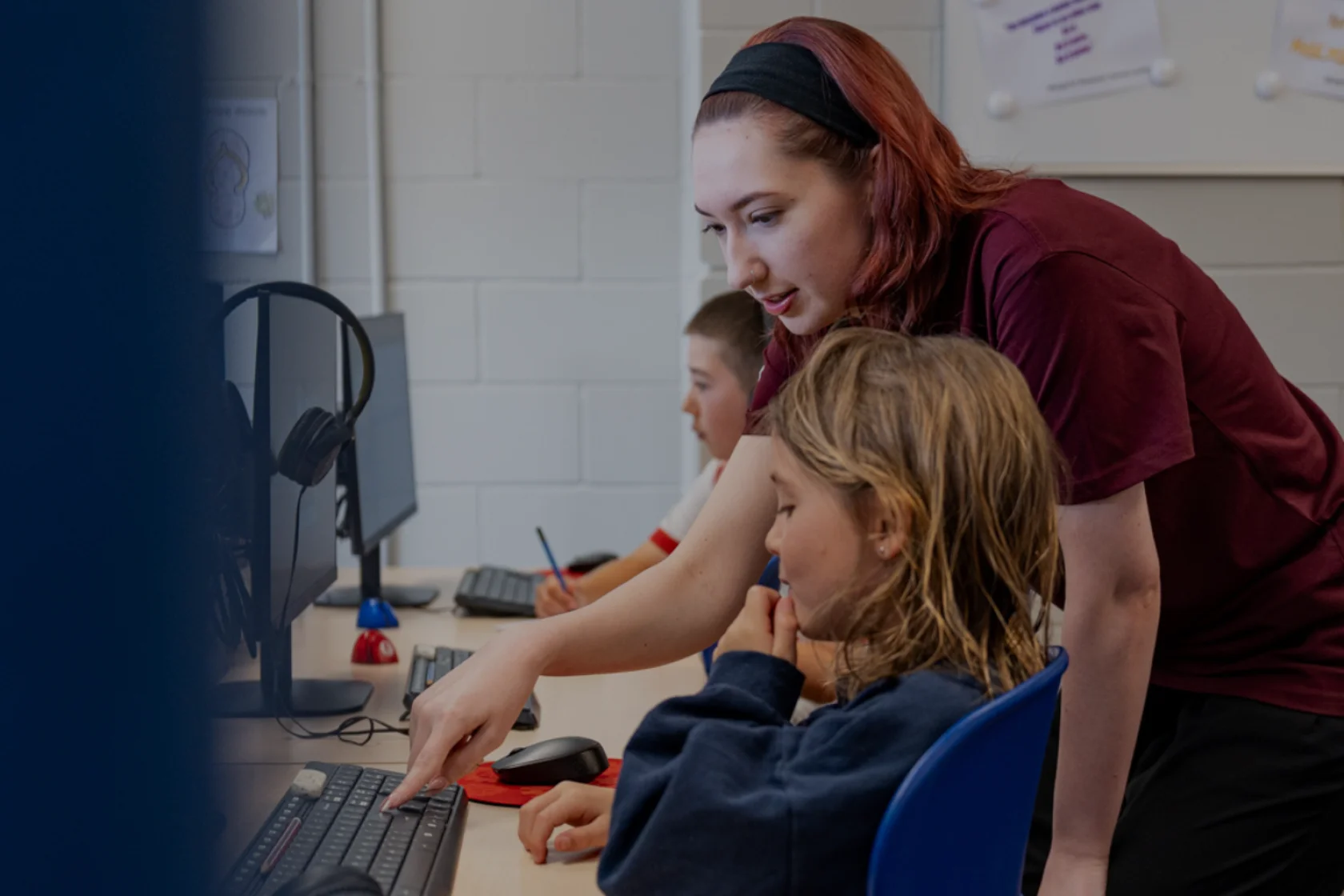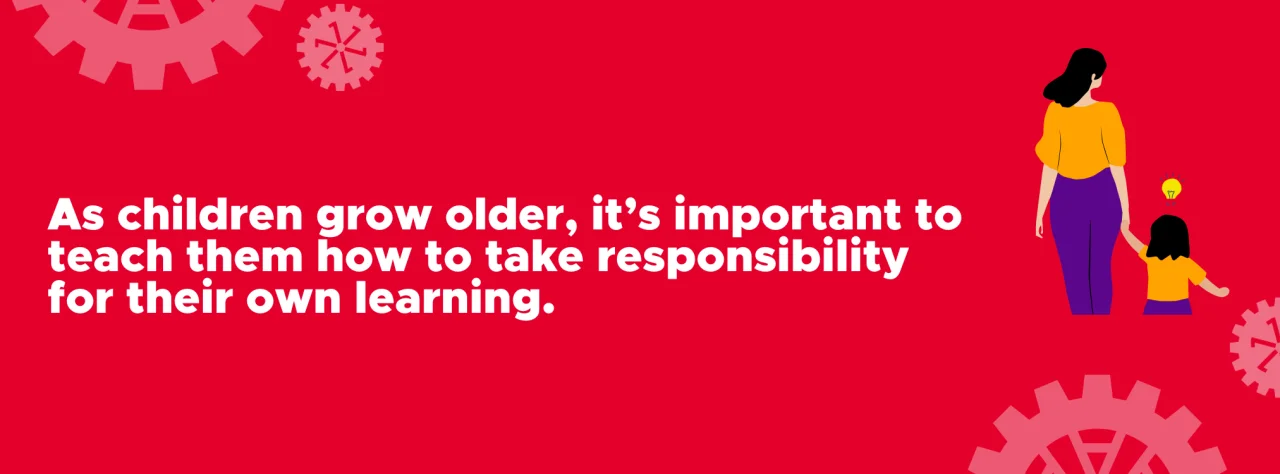19th August 2024
Developing Good Learning Habits in Children
As parents and educators, one of the greatest gifts we can offer children is a strong foundation of effective learning habits. These habits not only help children excel in school, particularly in key subjects like maths and English, but also establish a basis for lifelong learning and success. Whether your child is just starting their educational journey at age five or gearing up for more advanced studies at sixteen, nurturing good study habits from an early age is crucial.

The Award of Establishing Good Learning Habits
Good learning habits are fundamental to academic success. They enable students to understand concepts more clearly, retain information longer, and excel in exams and tests. Additionally, these habits foster essential life skills such as discipline, time management, and problem-solving.
For children aged 5 to 16, their approach to learning can greatly influence their performance in subjects like maths and English. These core subjects are not only pivotal to their academic achievements but also vital in everyday life. For example, strong maths skills are essential for problem-solving and logical thinking, while proficiency in English improves communication skills and builds self-confidence.
Creating a Positive Learning Environment for Students
One of the key steps in nurturing good learning habits is to create a positive learning environment at home. This means setting up a quiet, well-lit space where your child can focus on their studies without distractions. Ensuring that essential supplies, such as pencils, notebooks, and textbooks, are easily accessible allows your child to engage with their work without interruptions. Just as a productive business environment depends on the right tools and a supportive atmosphere, a positive learning environment is crucial for academic success.
Creating this environment also involves establishing a regular study routine. For younger children, this might mean setting aside a specific time each day for reading or practising basic maths skills. For older children, a more structured schedule that includes time for homework, revision, and additional practice in challenging subjects like algebra or essay writing can be very effective.
Encouraging a Growth Mindset with Rewards
One of the most effective ways to help children develop good learning habits is by encouraging a growth mindset. A growth mindset is the belief that intelligence and abilities can be improved through effort, perseverance, and dedication. This contrasts with a fixed mindset, which assumes that intelligence is static and unchangeable.
Children with a growth mindset are more inclined to embrace challenges, learn from their mistakes, and persist through difficulties. They understand that wrestling with a maths problem or finding the right words for an English essay is a crucial part of the learning process. As a result, they are more motivated to keep trying until they succeed. The benefits of a growth mindset go beyond personal achievements, fostering resilience and confidence.
To cultivate a growth mindset in your child, focus on praising their efforts rather than their innate abilities. For instance, instead of saying, “You’re so smart,” you might say, “You worked really hard on that maths problem, and it paid off!” This approach helps children recognise the importance of effort and persistence, which are key elements of effective learning habits.
Fostering Independence and Responsibility
As children grow, it's important to guide them in taking ownership of their learning. This involves gradually giving them more control over their study routines and encouraging them to set their own academic goals. For example, a younger child might aim to read one chapter of a book each night, while an older child might set a goal to finish a challenging maths assignment by the end of the week.
Encouraging children to become independent learners also involves helping them develop effective time management skills. This can be achieved by breaking larger tasks into smaller, more manageable steps and using tools like planners or to-do lists to track assignments and deadlines.
For instance, if your child has an English essay due in a week, you can help them divide the task into smaller steps, such as brainstorming ideas, creating an outline, writing a draft, and then editing the final version. This approach not only makes the task seem less overwhelming but also teaches your child how to manage their time effectively, which is crucial for both academic and personal success. Just as mastering time management is essential, learning to manage finances in the future will be equally important for their financial independence.
The Role of Consistent Practice in Success
In subjects like maths and English, regular practice is crucial for mastering concepts and skills. For younger children, this might involve practising basic addition and subtraction or reading simple stories daily. For older children, it could mean working on algebra problems, writing essays, or preparing for exams.
Encourage your child to practice consistently, even if they feel confident in a subject. Regular practice helps reinforce what they've learned and ensures they retain the information over time. For example, if your child is learning about fractions in maths, suggest solving a few fraction problems daily, even after they’ve understood the concept. This practice will deepen their understanding and enhance their confidence. Just as saving money regularly can lead to significant long-term benefits, consistent practice can result in substantial academic progress.
In English, encourage your child to read a range of texts, such as books, articles, and poems, and to write regularly. This approach not only hones their reading and writing skills but also expands their vocabulary and improves comprehension.
Using Technology as a Learning Tool
In today's digital age, technology can be a valuable tool for helping children develop effective learning habits. There are many educational apps, games, and online resources that make learning enjoyable and engaging, particularly in subjects like maths and English. These tools often come with advanced search features that allow users to easily find specific topics or keywords.
However, it's important to use technology wisely and ensure it enhances rather than replaces traditional learning methods. Encourage your child to balance screen time with other activities, such as reading books, solving puzzles, or participating in creative play.
Encouraging a Love of Learning
Ultimately, the aim of cultivating good learning habits is to inspire a lifelong passion for learning in your child. When children find joy in their education, they are more likely to remain motivated, engaged, and succeed in their studies.
One effective way to foster this love of learning is to make it enjoyable and relevant to your child’s interests. For example, if your child is fascinated by animals, you can incorporate this interest into their learning by reading books about wildlife, visiting a zoo, or tackling animal-themed maths problems. If your child loves storytelling, encourage them to write their own stories or create comic strips.
Another important aspect of nurturing a love of learning is to celebrate and reward your child’s achievements, no matter how small. Whether they’ve mastered a new maths concept, finished a book, or created a story, acknowledging their efforts and progress helps build their confidence. This not only makes learning a more rewarding and enjoyable experience but also contributes to tangible benefits like improved grades and intangible rewards such as increased motivation and a sense of accomplishment.
Conclusion
Teaching children aged 5 - 16 good learning habits is an investment in their future. By creating a positive learning environment, encouraging a growth mindset, fostering independence, and making learning fun, you can help your child develop the skills they need to succeed in maths, English, and beyond.
At NumberWorks’nWords, our team is dedicated to ensuring that every child who enters our centres leaves with a more positive mindset towards learning. With 40 years of experience, we’re proud to have helped nearly a quarter of a million children achieve their academic goals. If you're looking for extra support for your child, get in touch with our team or book a free, no-obligation learning assessment with us today.

More news articles
18th February 2026

The Stress-Free Guide to Learning Times Tables
Read more3rd February 2026

How NumberWorks’nWords Helps Children Reset After the Holidays
Read more18th January 2026

How to Reset Routines After the Christmas Holidays
Read more5th December 2025

How to Prevent the Christmas Holiday Learning Slide
Read more

